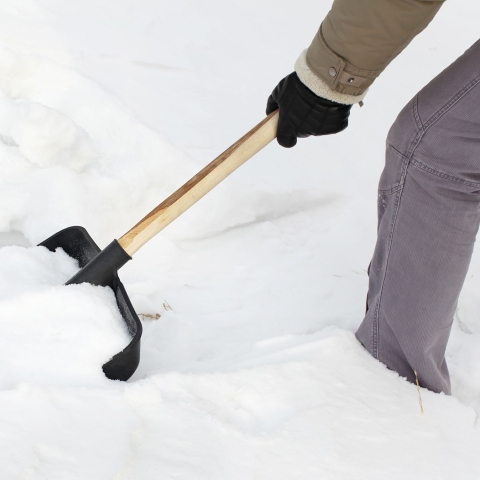Navigating Winter: Essential Safety Tips for Small Businesses

7 Tips for Your Business to Survive the Challenges of Winter
As winter arrives, small businesses face a unique set of challenges to ensure the safety of their employees, customers, and operations. From icy walkways to heating concerns, the cold season demands careful planning and attentiveness. Below are some practical winter safety tips that small businesses can implement to confidently navigate the frosty months.
1. Have Your Furnace Inspected
Having a functional heating system is essential to keep your indoor environment comfortable and secure. Your furnace should be inspected and serviced regularly. By properly maintaining your heating equipment, you can prevent any breakdowns during the coldest months that could potentially halt your business operations. In addition, make sure that heating vents and radiators remain unblocked in order to maximize heat distribution.
2. Maintain Safe Walkways and Entrances
Ice and snow accumulation can create hazardous conditions around your business. Regularly have snow cleared from walkways, entrances, and parking lots and apply salt or sand to reduce the risk of slipping. If you remove your own snow and ice, you may want to keep a log of the date and time of the removal. Additionally, investing in anti-slip mats and warning signs can further prevent accidents and ensure the safety of both employees and customers.
3. Emergency Exits and Fire Safety
Winter doesn't exempt businesses from the need for fire safety. Ensure that emergency exits are clear of snow and ice, and that exit signs are well-lit and visible. Conduct routine fire drills so that employees know evacuation procedures even in adverse weather conditions.
4. Prevent Frozen Pipes and Frozen Fire Sprinkler Systems
Frozen pipes can lead to pipe bursts and water damage. Insulate pipes located in colder areas and maintain consistent indoor temperatures to prevent freezing. During extreme cold snaps, keep a trickle of water flowing from sinks and open cabinet doors to circulate heat under the sink.
5. Employee Safety Measures
If your employees work outside regularly, equip them with appropriate winter gear, such as non-slip footwear and warm clothing. Encourage them to take their time when walking on icy surfaces and to report any hazardous conditions.
6. Vehicle Maintenance
If your business relies on vehicles, ensure they are winter-ready. Check tire treads, battery health, and fluid levels regularly. Equip vehicles with emergency kits containing essentials like blankets, flashlights, and first aid supplies.
7.Communicate Delays and Closures
Winter weather can lead to unexpected delays or closures. Establish a communication plan to inform employees and customers of any changes to your business hours due to inclement weather. Utilize email, social media, and your business website to keep everyone informed.
As winter settles in, small businesses must prioritize safety to maintain their operations and uphold their duty of care to employees and customers. By following these essential safety tips, businesses can minimize risks and create a secure environment for both employees and customers during the colder months. From proactive maintenance to thoughtful communication, a comprehensive approach to winter safety ensures that small businesses can thrive even in the face of chilly challenges.
The information presented in this document is for informational and educational purposes only. It is intended to assist individuals, farmers, and business owners in identifying common hazards/risks and considering proactive loss prevention or loss mitigation actions. For information related to specific loss hazards, please contact your insurance agent.

